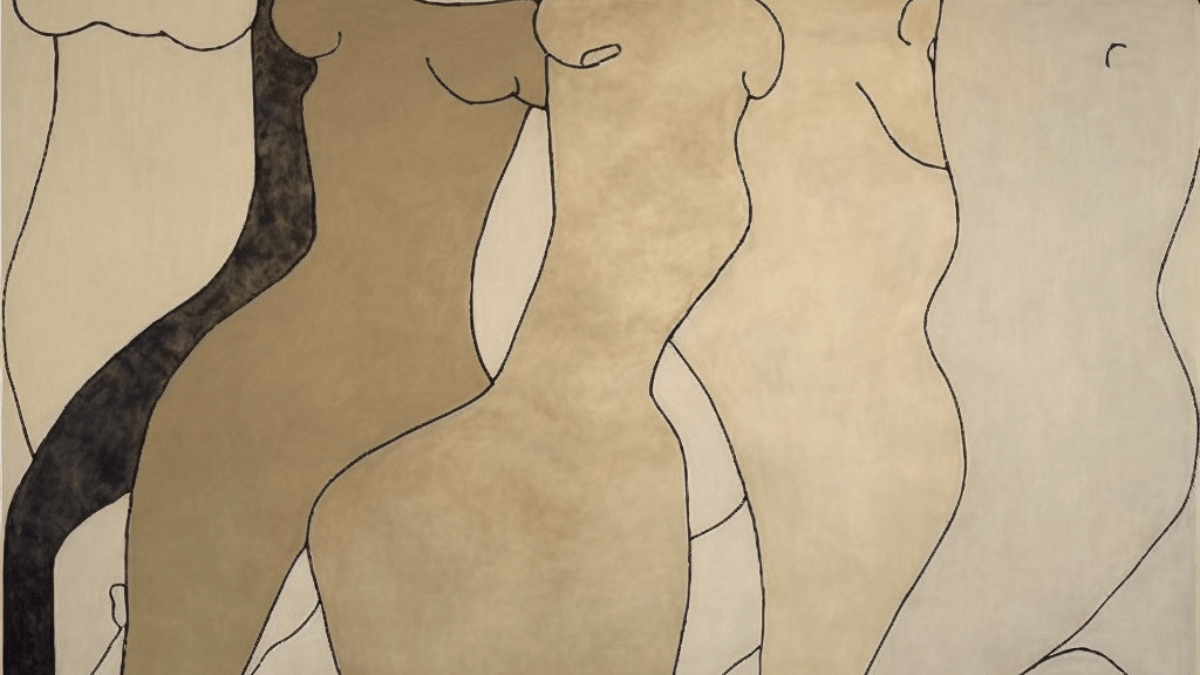In a world where feminine receptivity can be misunderstood as weakness, the body is viewed as its representative. We have seen how the body can accommodate the artificial structures and notions imposed upon it.
The top-down assumption has been that consciousness is here to either control or perhaps care for the body. This view has been so ubiquitous we have not stopped to ask if the body, in its generous receptivity, might not have been put here to merely receive and follow instruction.
That it might, if asked to weigh in, have an entirely different (but equal) power and wisdom. And we might find that the body wouldn’t take over and dominate consciousness—for this would be meeting dysfunction with dysfunction. Rather, it would show consciousness there is another way rooted in a power of exchange through connection.

It is either a rare and evolved consciousness, or a consciousness made desperate through a failing of the body, that is willing to leave the throne of domination and recognize the body as an equal, different, and necessary complement.
It is a subtlety of consciousness that can recognize that the body’s capacity to receive and accommodate without demand is a form of power.
The body does not get power by overthrowing; it gets power by giving power. The body’s primary recourse when not known, seen, or understood is to lock consciousness out until it grows sensitive enough to enter.
The body locks consciousness out until it can let go of the endless demands it makes of the body and itself. These demands range from a hyper-focus on control of appearance to neglect that has it consuming without attention. Or it may use the body for commerce with the world—such as using sex to find a marriage partner. It may create egomaniacal domination where it attempts to restrict appetites in order to demonstrate dominion, or to deny or renounce the senses or stirrings of the body. The first surrender in Eros, then, is the surrender of consciousness to the body.
Our consciousness can make reparations with the body, starting with an honest inquiry into the body on its terms as to what it wants.

We cultivate an understanding of and a carrying out of its requests, even though it will often speak from an entirely different worldview. The desires of the body rarely match the lopsided dogmas developed by consciousness in isolation. However, a consciousness developed in connection with and surrendered to the body opens many worlds.
It wants to be known, but it has limitations consciousness does not have. For the body to open, receive, and inform, consciousness must learn to play it. The body will only open when it is met by consciousness. A body opened beyond the point where we can remain conscious is injurious and unhealthy. The body may continue to respond to the demands of consciousness, but it will not be able to reveal its secrets.